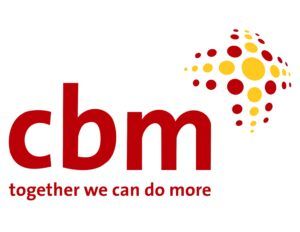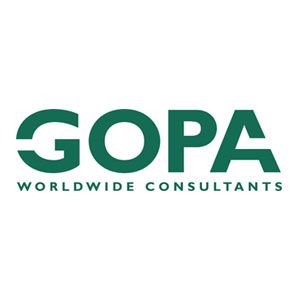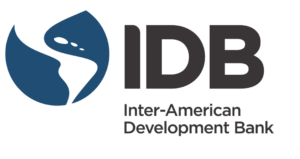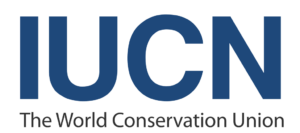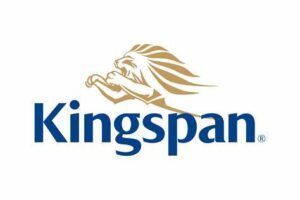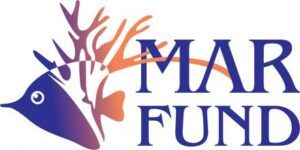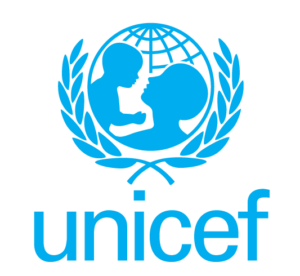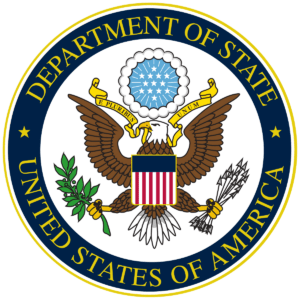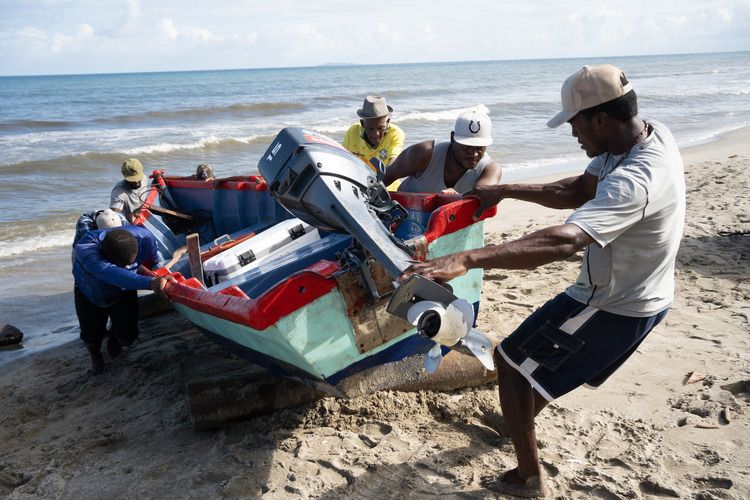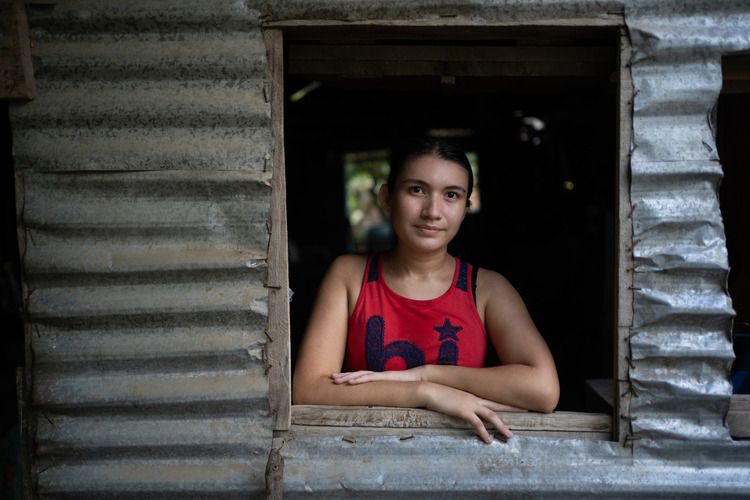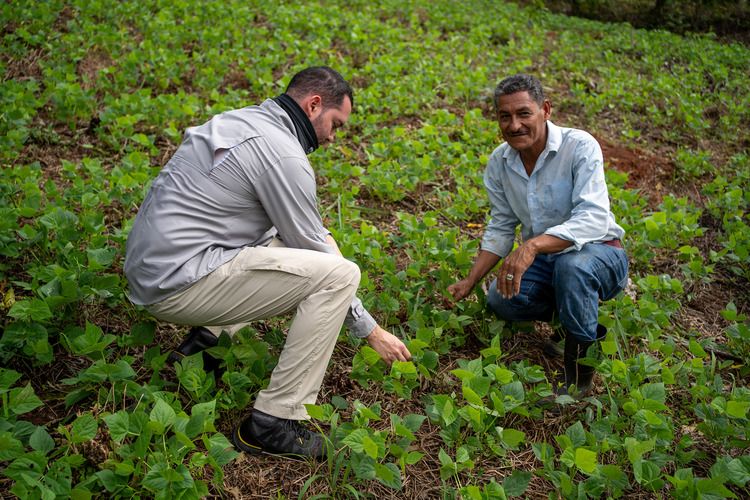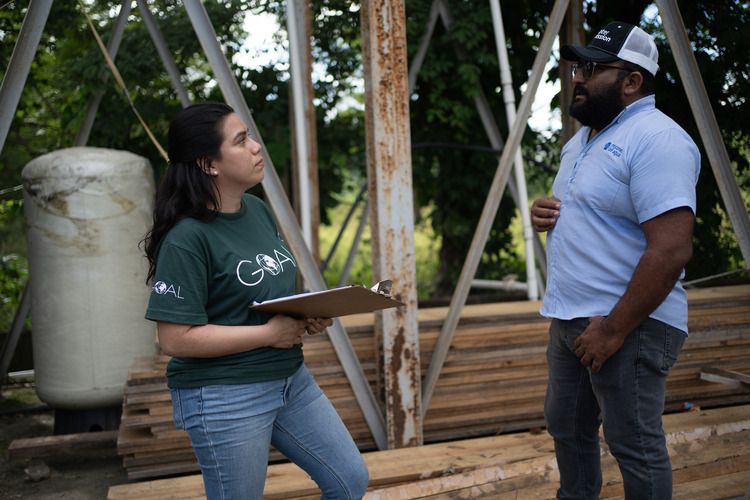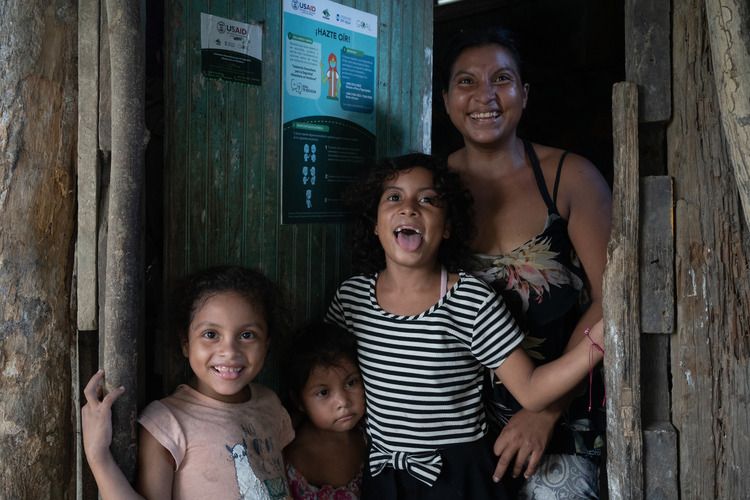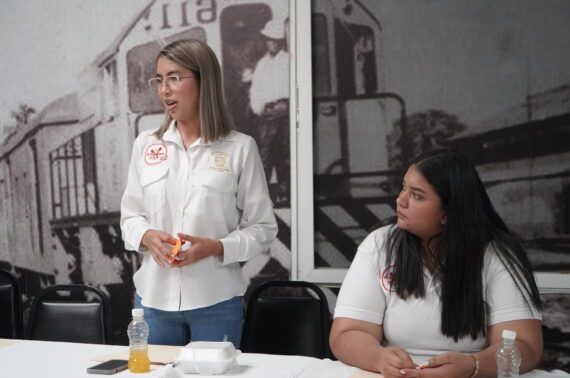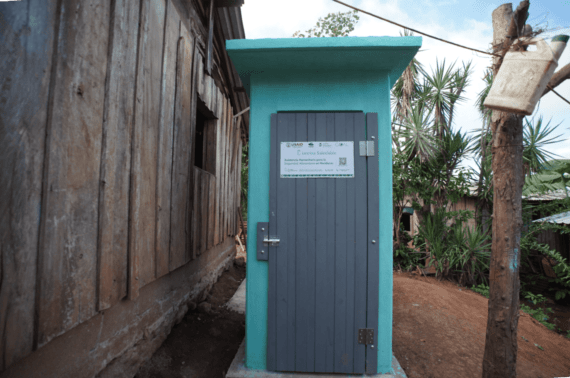GOAL began operating in Latin America and the Caribbean in response to Hurricane Mitch in 1998. In the following years, GOAL implemented a relief and recovery programme focused on the most impacted country in the region, Honduras.
In 2024, programme delivery was focused on crisis response and disaster risk reduction, as well as WASH, health, and livelihoods resilience.
Key Achievements
- In 2024, GOAL emergency preparedness programming helped 93,000 people become more resilient to future crises.
- In 2024, GOAL's team in Honduras supported over 160,000 people with gender equality and social inclusion programming.
- Over the past year, more than 170,000 people received support to enhance their livelihoods, and a further 160,000 were supported through Market Systems programming.
- 21,000 people have been supported with water, sanitation, and hygiene (WASH) services in the last year.
Our story in numbers
1998
GOAL Honduras begins
€10.3M
Honduras-Colombia Programme expenditure in 2024
85
In-country staff
400,000
People supported in 2024
Photo Gallery
Stories from Honduras
Our work in Honduras is supported by:
